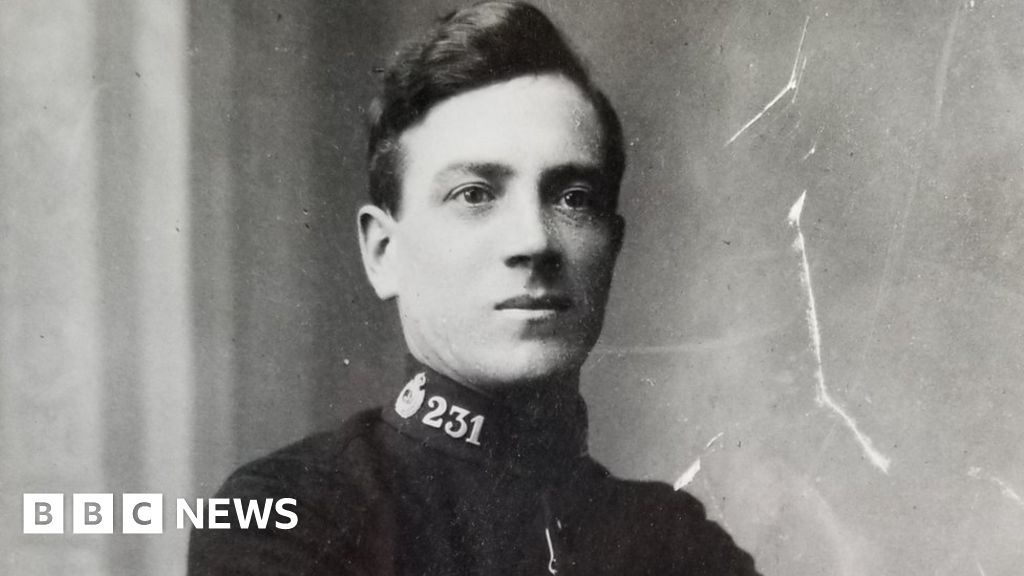Mr Alexander was wounded in an air raid on Southampton during World War II.
The family of the first patient to be treated with penicillin hopes his story will inspire drug companies to develop new life-saving antibiotics.
Born in Woodley, Berkshire, Albert Alexander underwent treatment with penicillin at Oxford in 1941, demonstrating its beneficial effects.
He was injured while serving as a police officer during World War II.
His 89-year-old daughter will be joining antibiotic experts at a conference in Glasgow to tell their ancestral tales.
Sheila LeBlanc will be with Alexander’s two granddaughters at the World Conference on Basic and Clinical Pharmacology in the Scottish city on Monday.
They traveled from their hometown of Redlands, California to attend the event.
The event follows an earlier study published in 2022 that found that infections caused by antibiotic-resistant bacteria killed more than 1.2 million people worldwide in 2019. .
UK health officials have previously warned that antimicrobial resistance (AMR) is a “hidden pandemic” that could emerge in the aftermath of COVID-19 unless antibiotics are responsibly prescribed. was
Alexander’s family said the issue needed to be addressed and people “take antibiotics for granted”.
image source, Getty Images
Sir Alexander Fleming discovered penicillin in 1928.
Alexander, a police officer, was injured on duty in an air raid in Southampton and developed sepsis.
He was taken to Oxford’s Radcliffe Infirmary, where he was treated with newly discovered antibiotics and showed immediate improvement.
However, penicillin isolation was not completed in time to complete treatment and he died on March 15, 1941.
But this episode proved that penicillin worked on humans, and that many other people wounded during the war in the years that followed benefited from antibiotics.
Professor Michael Barrett, a microbiologist at the University of Glasgow, said “timing was everything” about penicillin’s impact on the war.
He added, “By treating Albert for that condition at the time and showing him that he could work, we probably could have shortened World War II by a year.”
But Professor Barrett said there is currently not enough investment in new antibiotics, warning that this could lead to a potential crisis.
He will join Alexander’s family at the conference in Glasgow.

